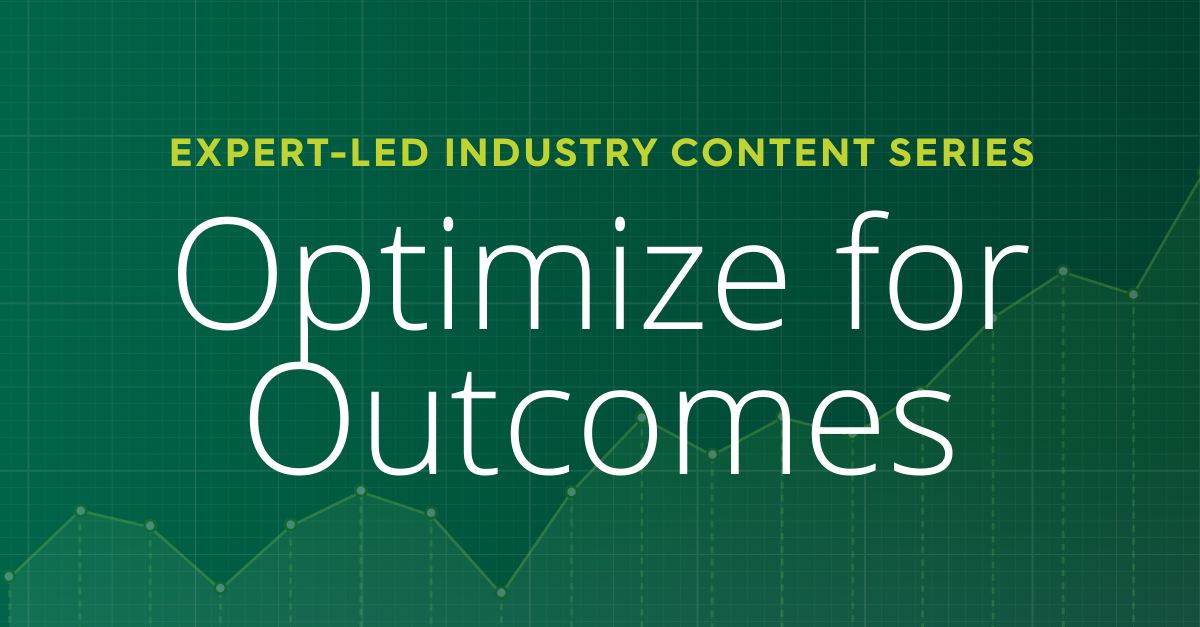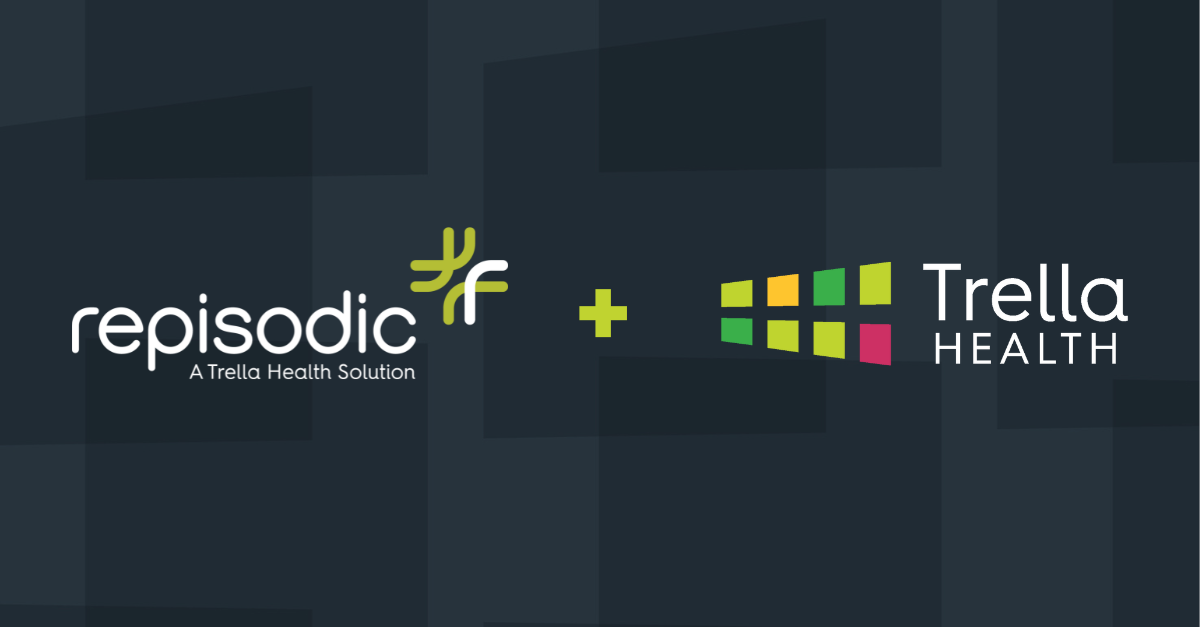Ashton Harrison, Marketing Engagement Manager
With a diverse background of sales and healthcare marketing, Ashton manages Trella’s events, press releases, and media and association relations. After graduating from Florida State University with a major in communications, she began her career at Greenway Health, a EHR company, where she found her passion for the healthcare industry. At Trella Health, she’s able to do all the things she loves about marketing — engaging at events, interactions with partners, and creating marketing pieces that share insight on Trella’s journey.Webinar Recap: ACO Network Challenges and How to Overcome Them
Value-based Care Success Doesn’t Have to be a Fantasy !
By Ashton Harrison | September 30, 2021
What does value-based care look like today, and how can ACOs and DCEs avoid financial penalties, improve outcomes, and share in the savings under existing and emerging payment models? Trella Health’s VP of Product Management, Rebecca Molesworth, recently participated in a webinar roundtable with eHealth Initiative’s CEO, Jen Covich Bordenick, VP of Strategy and Business Development for Centene/WellCare, Michael Barrett, and Executive Director of Duke Connected Care, Dr. Devdutta Sangvai– to discuss managing the business of value-based care through data. In this discussion, Molesworth related several real-world examples of ways ACOs and DCEs can use data to optimize their networks and reach, or exceed, their goals.
- Focus on sustainable business practices
- Break down data silos to get out of your echo chamber
- Use all available data sources to identify emerging patterns
- Invest in understanding your market
Focus on Sustainable Business Practices
A lot has changed over the past few years since the beginning of the transition to value-based care. Molesworth recalled, in the early days, ACOs were primarily hospital-based, as those larger institutions had the financial means to balance the financial risks associated with value-based payment models. “What I see today,” Molesworth pointed out, “are much more creative sustainable business models. Risk-sharing entities are building models in which they can pay their physicians” to deliver the kind of care that improves outcomes and results in shared savings.
For ACOs, DCEs, and other organizations taking on financial risk, this new reality has had to evolve in the healthcare market. Along those lines, though, industry leaders have learned difficult lessons about unexpected factors that can play key roles in risk mitigation. For example, Molesworth said, “I also learned the hard way that patient accountability is part of this and it’s the hardest part of the whole equation to control.” Identifying those factors, such as patient accountability and patient engagement, that may be outside of your organization’s control can help you determine the steps available to reduce risk, improve outcomes, and reduce costs – despite intervening challenges.
Break Down Data Silos to get out of Your Echo Chamber
To better understand those challenges, healthcare organizations must have as close to a complete view as possible of all key data. Molesworth advised ACOs to “get out of the echo chamber of your own data. If you’re a provider organization, your tendency may be to use your EMR data, but you don’t have the longitudinal view of the patient or how you’re performing compared to other providers.” Without competitive intelligence, it’s impossible to see where your organization stands out against others in your area. Under value-based care, benchmarks aren’t arbitrarily set. They’ll be based on improving outcomes for the entire healthcare industry. Thus, insights into data throughout the industry – and especially in your market – will help you better optimize your network and/or be a better partner to referral sources.
Molesworth also advocated for increased data transparency and data sharing across the industry. “If we can have more transparency, the model can continue to work and evolve. Otherwise, we end up in the same situation we had back in the ‘90s with HMOs. Instead of controlling costs and improving outcomes, we’ll have organizations hoarding data, and costs will be driven up in the end.”
Use All Available Data Sources to Identify Emerging Patterns
With new payment models come new patterns and trends for treatments and recommendations. You may not be able to identify these patterns based solely on your own EMR data, and you may not be able to get a clear view of what’s happening in your organization (and in the competition) based solely on your organization’s data. “We can’t be judgmental of our data sources,” said Molesworth, “They all have their purpose and their value, and I think in a perfect world, those sources start to come together, and organizations begin to work together to make the information available to everyone. Claims data can go a long way to tell you what’s happening, but it’s even more powerful when paired with clinical data for identifying trends and areas for improvement.”
Invest in Understanding Your Market
Utilizing data on a local level is essential for growth and success as a business under value-based care. Molesworth strongly encouraged organizations and networks to get to know their local markets. “You know you have a geographical area in mind,” she said. “You have a set of providers in mind. When you understand the baseline of that market, and you truly dive into what’s happening in your area and how competitors are performing, you can gain a deeper understanding of how you’re performing in the market – and how to improve.”
Next Steps: Data is Essential for Success Under Value-Based Care
In the end, it’s clear that access to data and competitive insights will be essential to success for any organization participating in a risk-sharing payment model. And, as these models become more prevalent and begin to take the place of fee-for-service models, data sharing will become even more key to reducing costs and improving patient outcomes across the care continuum. For more insights and advice from Rebecca Molesworth and other value-based care experts, check out the full webinar recording.
Trella Health is the leader in market intelligence for the 65+ population, with extensive data sets including Medicare FFS, Medicare Advantage, commercial payers, ACOs, and DCEs. To uncover potential growth opportunities in your market and learn more about how data insights and analytics for key metrics can help you control costs, improve patient outcomes, and build a stronger referral network, schedule a demo today















